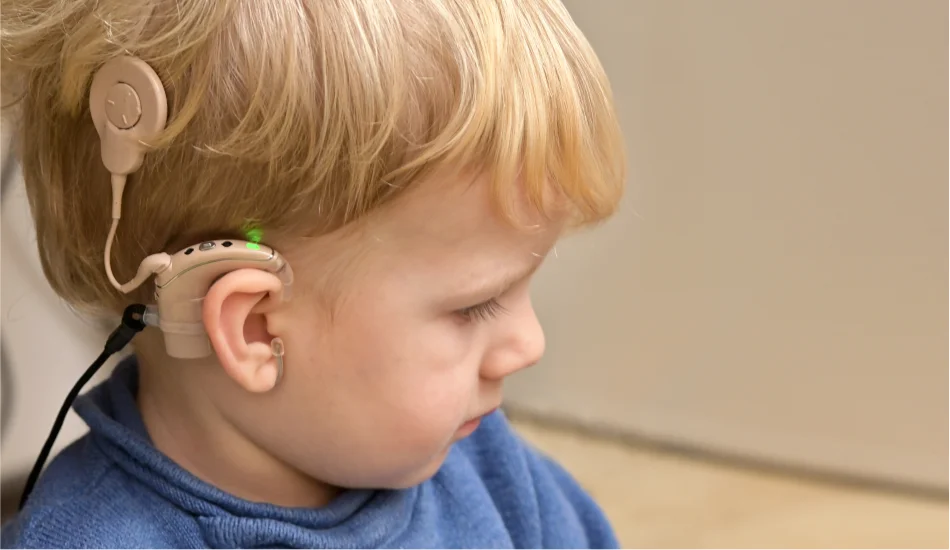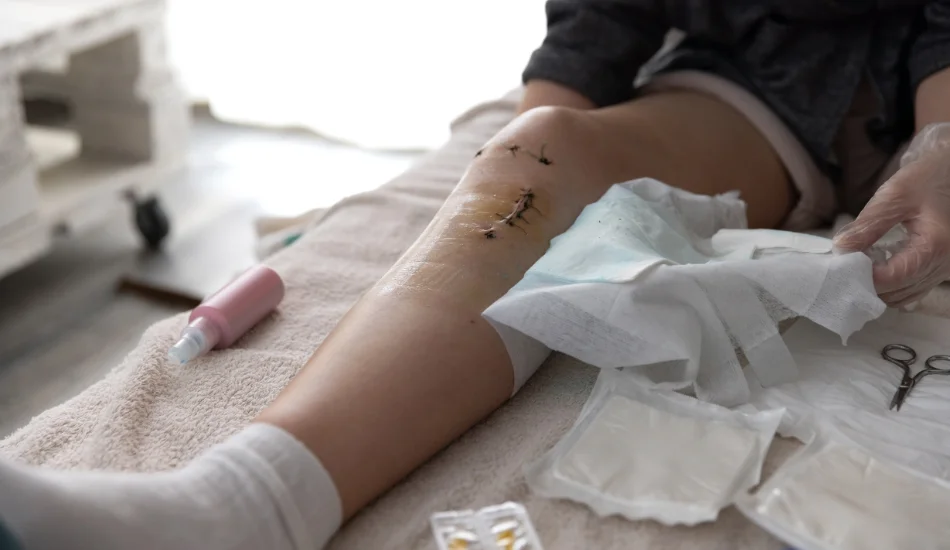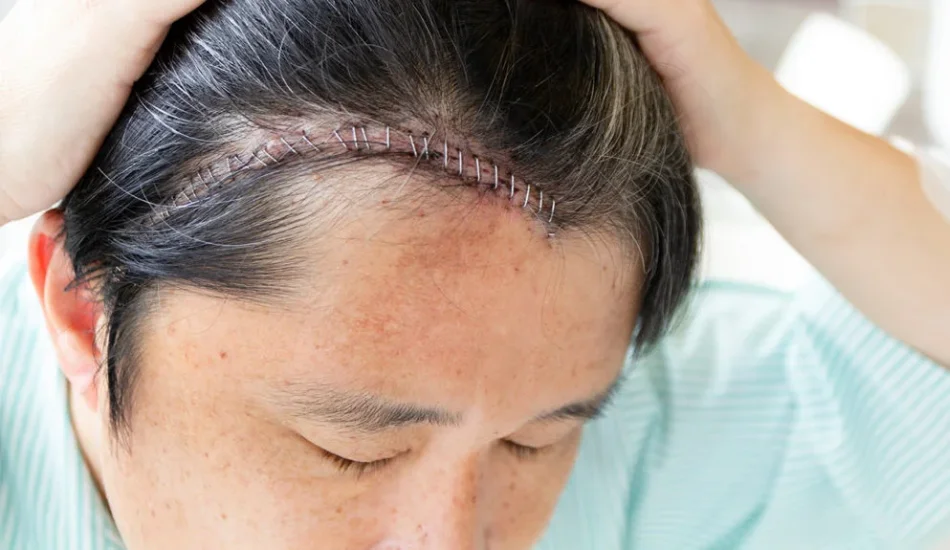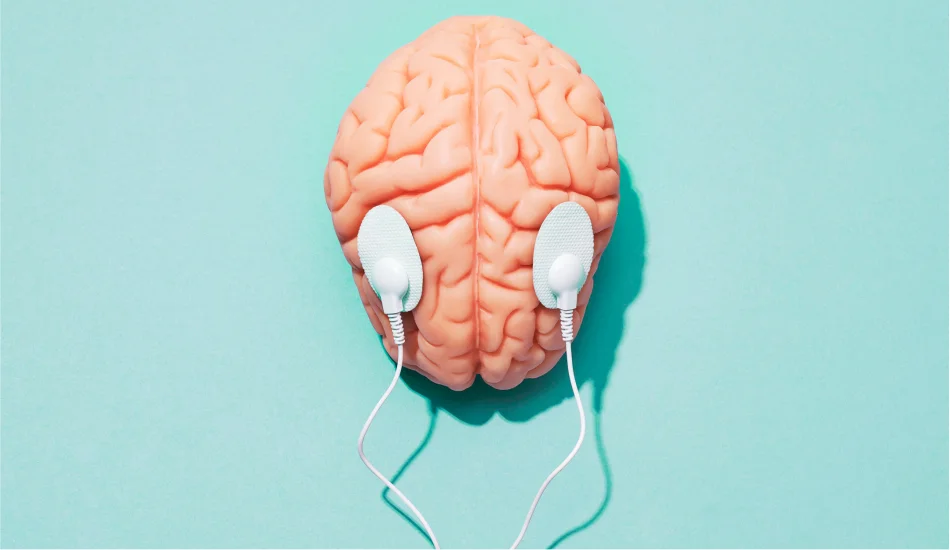
Cochlear implants are an innovative solution for those suffering from severe or severe hearing loss. In contrast to traditional hearing aids which amplify the sound of a person cochlear implants reroute damaged ear structures and directly activate the auditory nerve, which allows users to perceive the sound. The Chirayu Super Speciality Hospital, We are dedicated to offering the most advanced cochlear implant treatments to help patients enhance the quality of their lives with enhanced hearing.
What is a Cochlear Implant?
The cochlear implant is an advanced technological medical gadget that offers the sensation of sound to patients suffering from profound to severe sensory hearing impairment. In contrast to conventional hearing aids which amplify sounds, cochlear implants can bypass damaged areas of the ear’s inner part (cochlea) to transmit audio signals straight to auditory nerve. This technology provides a revolutionary opportunity to those who do not be able to benefit from conventional hearing aids.
How Does a Cochlear Implant Work?
A cochlear implant functions by utilizing a multi-component system which transforms audio signals into electrical ones. This is how each component plays a role in the process:
- External Microphone and Processor :-
- Microphone Record sounds and other sound signals from your surrounding environment and transmits them to a speech processor.
- Speech Processor It is worn externally typically behind the ear, the speech processor analyses sound and converts them to digital signals. These signals are then transferred to an external transmitter.
- External Transmitter :-
- Its sending coil is a tiny device that is placed on the scalp, and is held in the position by magnets. This device takes digital signal from the speech processor, and then transmits signals across your skin and to an implant by radiofrequency transmission.
- Internal Implant :-
- Receiver/Stimulator Implanted beneath the skin in the ear. The part receives signals from an outside transmitter, and transforms these signals to electrical impulses.
- Electrode Array A set of electrodes is surgically placed into the cochlea and stimulate various areas that are part of the auditory nervous system, which correspond to different sound frequencies.
- Auditory Nerve :-
- The auditory nerve is responsible for carrying the electrical signals generated by electrodes into the brain which interprets them as sound.
Who Gets Cochlear Implants?
In Chirayu Super Speciality Hospital, we provide cochlear implants to those suffering from profound to severe sensorineural hearing loss, who do not get enough benefit from hearing aids that are conventional. The ideal candidates are:
- Adults :-
- Adults who have suffered gradual hearing loss and have only a small benefit from hearing aids might be a good candidate. They typically have acquired language and communication abilities prior to losing their hearing.
- Children :-
- Early intervention is essential for children suffering from hearing loss. Cochlear implants are available to infants from as young as 12 months old, helping them improve their speech and language abilities throughout crucial developmental phases.
- People with profound hearing Loss in both ears :-
- Implants for cochlear are especially beneficial for those who have severe deafness in the two ears. which can enhance the perception of sound and speech.
- Patients with specific medical conditions :-
- Certain conditions, like congenital malformations, or cochlear-ossification that may require an implant for cochlear rather than hearing aids.
How Does Someone Receive a Cochlear Implant?
A cochlear implant is a procedure that involves multiple steps, ranging starting with the initial assessment, through the surgery as well as rehabilitation. Here at Chirayu Super Speciality Hospital, the procedure we follow comprises:
- Evaluation and Candidacy :-
- Comprehensive Audiological Assessment :- Audiologists conduct hearing tests and tests for speech recognition to determine the extent of hearing loss as well as determine the degree of loss and its severity.
- Medical Assessment :- An otolaryngologist evaluates the health of the patient’s general condition and the anatomy of the ear to confirm suitability for the procedure.
- Social and Psychological Assessment :- The evaluations measure motivation and expectations as well as support systems.
- Preoperative Preparation :-
- Patients receive education and counseling on the procedure, its potential outcomes and the postoperative goals.
- Surgical Procedure :-
- The procedure is performed under general anesthesia. the procedure can take anywhere from 2 to 4 hours. The surgeon creates a tiny cut behind the ear to get into the inner ear. inserting implant components inside and inserting electrodes inside the cochlea.
- Initial Activation :-
- After some months of healing time, components inside the implant will be inserted and the device activated. Audiologists programme the speech processor and alter settings to ensure the best sound quality.
- Rehabilitation and Follow-Up :-
- Auditive Rehabilitation :- The patients undergo rehabilitation in order to be able to comprehend sounds and improve their speech and language abilities.
- Support and Counseling :- Continuous support from audiologists, speech therapists and counselors help patients adjust to the demands of the cochlear implant.
What Does the Future Hold for Cochlear Implants?
Cochlear implant technology’s future looks promising, thanks to ongoing advances of technology as well as research that aim towards improving the outcomes and increasing access. Some of the areas that are in development include:
- Improved Sound Quality :-
- Improved sound quality and clarity will allow listeners to experience a more natural sound and enhanced enjoyment of music.
- Bilateral Cochlear Implants :-
- Implantation bilaterally, or on both ears provide users with improved sound quality and enhanced speech comprehension in noisy environments.
- Hybrid Cochlear Implants :-
- Hybrid implants integrate conventional hearing aids with implants for cochlear for those with low-frequency hearing loss and provide a richer audio experience.
- Innovations in Electrode Design :-
- Electrode technology is evolving to offer more precise stimulation to the auditory nerve which results in improved pitch perception and speech recognition.
- Wireless Connectivity and Integration :-
- Modern cochlear implants are increasingly incorporating wireless connectivity that allows users to stream music directly from their smartphones, TVs and other devices to create a an uninterrupted listening experience.
- Expanded Indications and Accessibility :-
- There are efforts underway to increase the requirements for candidacy and expand the accessibility of cochlear implants across the world and ensure that a greater number of people who suffer from hearing loss benefit from this revolutionary technology.
- Research on Neural Regeneration and Gene Therapy :-
- Research into neural regeneration is exciting and gene therapy have the potential of further improving cochlear implant results by fixing or rebuilding injured auditory structure.
Conclusion
Cochlear implant technology has revolutionized hearing rehabilitation and offer an avenue of hope to people suffering from hearing loss that is severe or profound. Through bypassing damaged areas that are located in the ears and thereby stimulating the auditory nerve cochlear implants dramatically enhance sound perception and speech understanding. As technology improves it is expected that the cochlear implant’s next phase appears promising, with continuous developments that are set to improve quality of sound, broaden the criteria for candidacy, and enhance the overall experience for patients.
In Chirayu Super Speciality Hospital Our experienced staff of audiologists, otolaryngologists and other specialists committed to providing complete cochlear implant procedures. We use the most advanced methods and technologies in order to provide our patients with the highest possible treatment and obtain the most optimal hearing results. Contact us today to find out the ways we could assist you or a loved one enjoy the benefits of cochlear implants.



